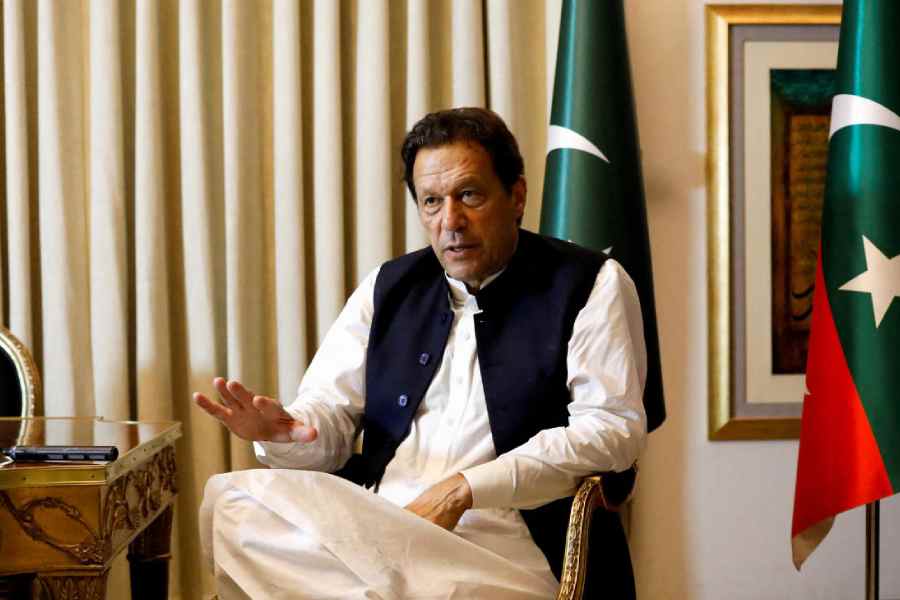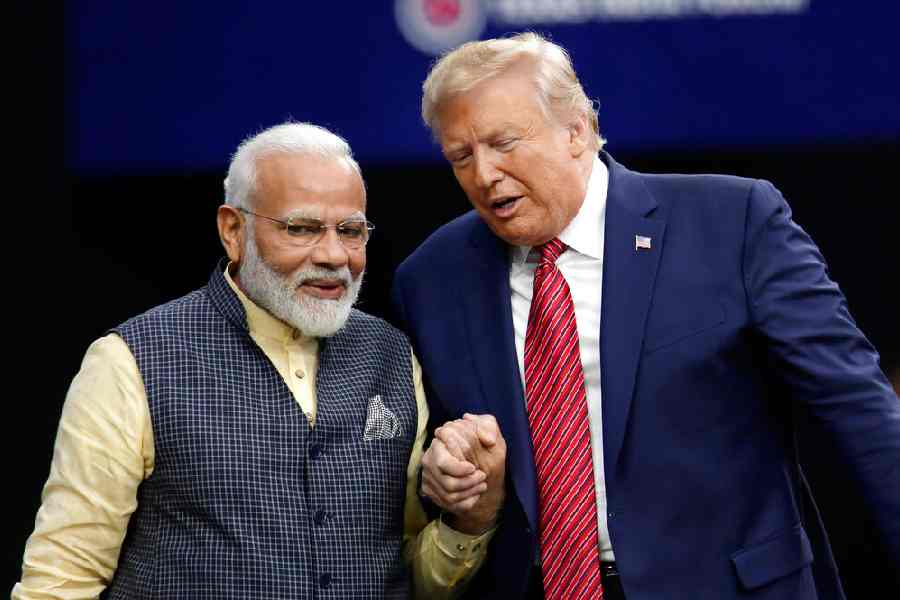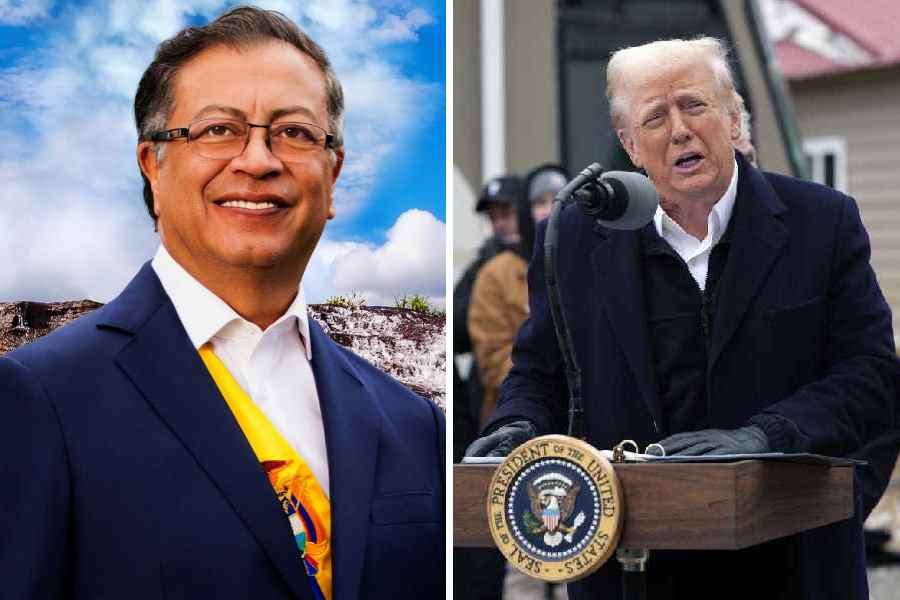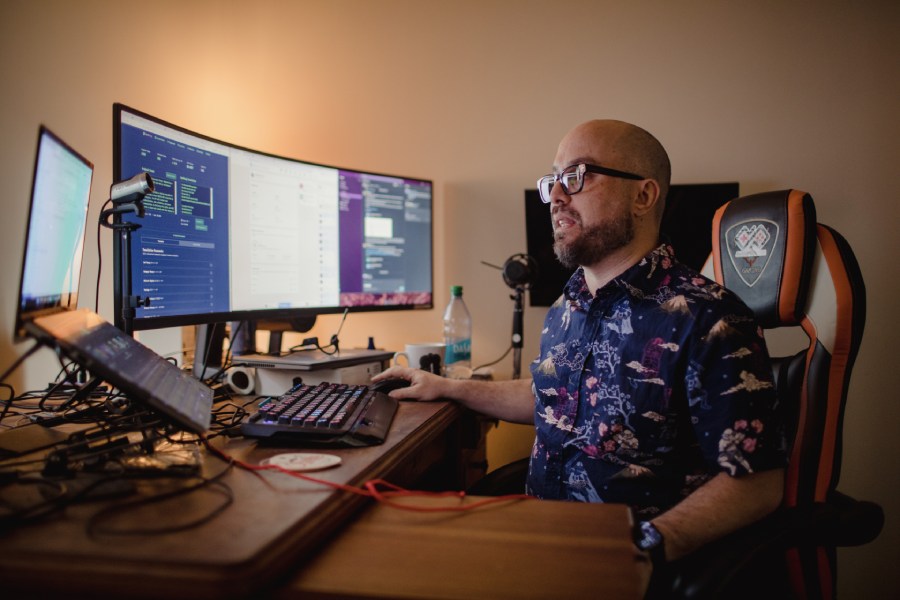Pakistani politics is seldom without drama. After the general elections were held on February 8 this year, observers had predicted that things would not settle down easily. We now have a coalition led by the Pakistan Muslim League-Nawaz at the federal level; the PML-N is also in power in Punjab, where the provincial government is being led by Nawaz Sharif’s daughter, Maryam Nawaz; the Sindh government is with the Pakistan People’s Party; Balochistan has a PPP-led coalition government and Khyber Pakhtunkhwa is being ruled by the Pakistan Tehreek-e-Insaf. Despite all the governments being in place, tensions among the ruling alliance of the PML-N, PPP and Muttahida Qaumi Movement-Pakistan are high as the PTI claims that its mandate has been stolen by the Establishment and distributed among these three parties. After the elections, the PPP had offered to help the PTI form a coalition government at the Centre. However, the PTI declined, saying that it had a mandate to form a government on its own but it had been taken away from them. At that time, many had said that the PTI should have formed a coalition government at the Centre with the PPP as it would have given the party some political space to negotiate with the powers that be, leading to some relief for Imran Khan in the future. The PTI is now in the Opposition and protesting alleged electoral rigging.
In his inaugural address to the joint session of Parliament, President Asif Ali Zardari talked about political reconciliation and meaningful dialogue. After his speech, some PML-N leaders also said that talks should be held with the PTI and its founding chairman, Imran Khan. Then we heard a leading industrialist’s comment in an interaction with Prime Minister Shehbaz Sharif, asking the government to reach out to Khan in prison. But the PTI has rejected these offers. The PTI spokesperson said that the party will talk to any political party except the troika of PML-N, PPP and MQM-P. Interestingly, the PTI leaders have said that they are ready to talk to the Establishment.
This is not something new. Media reports have also quoted Imran Khan saying that his party wants to talk to the Establishment. But, so far, the Establishment has not responded. The PTI’s decision to not talk to the ruling parties is due to two reasons: first, the ‘mandate’ being given away to these parties and, second, the real power lying elsewhere. When asked why it wants to talk to the same Establishment which it alleges has stolen and distributed its mandate to other parties, the answer by the PTI spokesperson in a talk show was that the party would like to tell the Establishment that institutions should remain within their constitutional limits if the country wants to move forward. Many have pointed out that the Establishment is aware of this. However, ever since Pakistan was introduced to a ‘hybrid system’ in 2018, the Establishment’s role in politics has gradually increased. There is a view that parties like the PML-N and PPP are well aware that this hybrid system cannot be rolled back until all political parties come together and this may be one of the reasons why they are offering an olive branch to the PTI.
Imran Khan has two options. One, he can talk to the Establishment and come back to power once his party is back in favour. The second option is to initiate a dialogue with the ruling parties. The PML-N and the PPP had offered to sit and talk with the PTI when Khan was the prime minister. They offered to do it again after Khan was ousted through a successful vote of no-confidence and, once again, they are offering it now that Khan is behind bars. The PTI has said no, again. It seems that the PTI is not interested in engaging politically. It only wants to negotiate with the Establishment. Observers have warned that this will only strengthen the hybrid system and the hands of the Establishment. If all the political parties get together, decide the rules of the game and ensure that the next elections are held without any controversy, they may eventually be able to push back against the hybrid system. But if they keep waiting for their ‘turns’, then this system will become permanent and we can say goodbye to real democracy.
Mehmal Sarfraz is a journalist based in Lahore; mehmal.s@gmail.com











